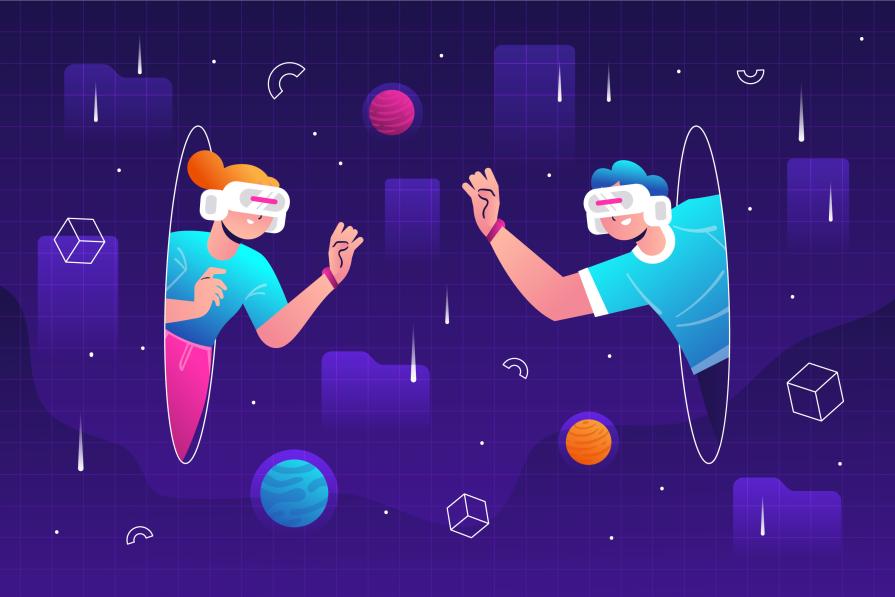Traditional learning formats are gradually becoming a thing of the past, giving way to remote and digital tools wherever possible. For example, students in economics, business, and entrepreneurship at some North American universities go virtual to learn the intricacies of their craft. VR glasses and a powerful computer allow you not only to play an economic simulator, but also to live the day of a logistics specialist, HR agent, director of a large transport company or a real production with thousands of employees.

The first such project was launched at the University of Iowa. In virtuality, a student will be able to start his own business in just a few hours, try hundreds, or even thousands of management solutions, earn millions of dollars or waste his capital. The main thing is that in this case the operation will be with zero risk - no losses, no expenses!
One and a half hundred students took part in the experiment. They were asked to run a virtual coffee shop, experimenting with the choice of suppliers and different ingredients, and then, analyzing the degree of impact of certain decisions on revenue, determine the number of customers and costs. Over time, the functionality of the program is planned to be expanded. The first in line are the plant and the city clinic for one and a half hundred beds.

The experiment continues, but the main thing it has already proved: learning in augmented reality is much more rational and interesting, and most importantly, more effective than any analysis of other people's cases and visits to production. Moreover, this method combines the strengths of simulations and the case approach.
The University of Arizona wasn't the first to introduce VR learning. For several years now, similar methods have been used in the studying of doctors (for example, online simulators allow you to practice surgical skills without risk to patients and the need for dolls). Augmented reality was also used in psychology, but as for MBA and economics, Arizona was one of the first.
However, it would be fair to note that this technology, or rather, its use in education, has not only advantages, but also disadvantages.
- Firstly, augmented reality glasses are a rather expensive toy, not everyone can afford it.
- Secondly, for some students, this method may be contraindicated for medical reasons.
- Thirdly, and this is an important factor, the virtual space is perceived by many as a field for a computer game, rather than as an academic testing ground. Students tend to take such wagering much less seriously.
However, it seems quite clear that virtual reality is the future of education, and as this technology becomes cheaper, more accessible, and more sophisticated, the shortcomings will disappear, while the effectiveness of fully immersive learning will only increase. And most importantly, students will have the opportunity to apply the knowledge gained in practice and face the likely consequences without the risk of significant financial losses, which means without unnecessary stress and anxiety.

We see only one drawback in this kind of gamification. Or rather, a possibility; It lies in the fact that some future businessmen or managers will actually conduct business as if they have at least one spare "save" in reserve - it is enough just to restart the game and you will have the opportunity to correct the mistakes made. Life does not give such an opportunity, alas.










